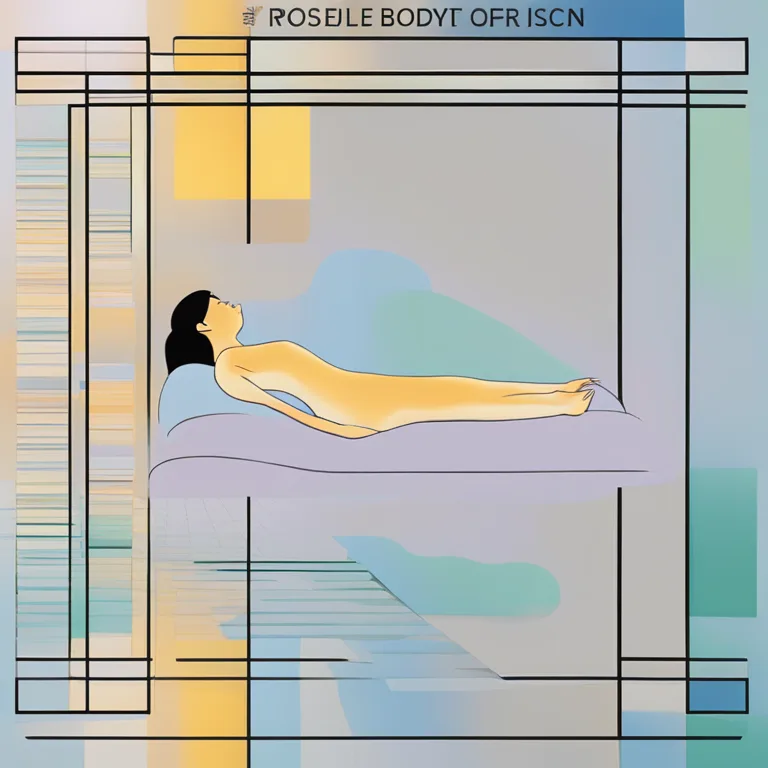
Tranquil Bedtime Meditation Techniques
Discover simple and effective meditation practices to help you unwind and invite restful sleep as part of your nightly routine.
article by Hina Kurosawa
Soothing Silence: Calming the Mind
Meditation before sleep is a powerful method to calm the mind and reduce anxiety, leading to a more restful night’s sleep. In our fast-paced world, mental overactivity is a common barrier to sleep. Starting your routine with a focus on silence helps in winding down. First, find a comfortable and quiet place where you can sit or lie down without interruptions. Close your eyes and take slow, deep breaths. Let go of the day's worries and to-do lists, and allow your mind to enter a state of stillness. With each exhale, visualize stress leaving your body, creating space for peace and tranquility.

Body Scan: Releasing Physical Tension
Often, physical tensions can be the hidden culprits behind insomnia. Engage in a body scan meditation by directing your attention to different parts of your body, starting from the toes and moving upwards. Acknowledge any sensations, discomfort, or tightness you feel. Use your breath as a tool to release tension: imagine sending a wave of relaxation to each body part with every exhale. By methodically relaxing the body, you prepare yourself for a night of restorative sleep, which is essential for recharging both body and mind.

Guided Imagery: Voyage to Serenity
Guided imagery is a potent meditation technique, especially if you find it hard to silence your thoughts independently. There are numerous audio recordings and apps available in 2024 that can guide you through tranquil landscapes, such as a forest walk or a gentle beach. The narrator’s voice, combined with gentle background music or nature sounds, can effectively transport your mind to a place of serenity, distancing you from the day's stress and setting the stage for a peaceful night’s slumber.

Counting Breaths: A Rhythmic Lullaby
Simple and meditative, counting breaths is an age-old technique to lull your consciousness into a pre-sleep state. Lie back comfortably and start counting each breath in and out, beginning at one and ending at ten. When you reach ten, start again. The rhythmic nature of this practice works like a lullaby, gently rocking you closer to the threshold of sleep. Not only does it help quiet the mind, but it also regulates your breathing, which is effective in lowering the heart rate and preparing the body for rest.

Gratitude Reflection: Ending on a Positive Note
Ending your day on a note of gratitude can significantly affect your quality of sleep. Set aside a few minutes before bed to reflect on the positive experiences and moments of the day. Embracing a mindset of thankfulness shifts your focus away from negative thought patterns that might disrupt sleep. As you acknowledge each positive aspect, welcome feelings of joy and contentment to fill your body and mind, setting a foundation for pleasant dreams and a serene night.
Progressive Relaxation: Step-by-Step Calm
Progressive muscle relaxation involves tensing and then relaxing muscle groups progressively. This practice not only helps in recognizing bodily tension but also trains the mind to let go of stress systematically. Start from your forehead, tense the muscles for a few seconds, then release. Move down to your facial muscles, neck, shoulders, and so forth. By the time you've reached your toes, your body should feel relaxed, and your mind ready to welcome sleep.
Published: 12/20/2023
Modified: 12/20/2023
More predictions
Come back here soon to learn more about yourself and your future


Meditation: Unveiling The Optimal Practice Duration
Discover how much time to dedicate to mindfulness meditation for personal growth and well-being.


Advanced Techniques For Deepening Meditation
Discover the serene path to mindfulness meditation with this simple, step-by-step guide focused on fostering tranquility and self-awareness in your daily life.


Building A Daily Meditation Habit
Embrace serenity and enhance well-being with simple, everyday mindfulness meditation exercises.